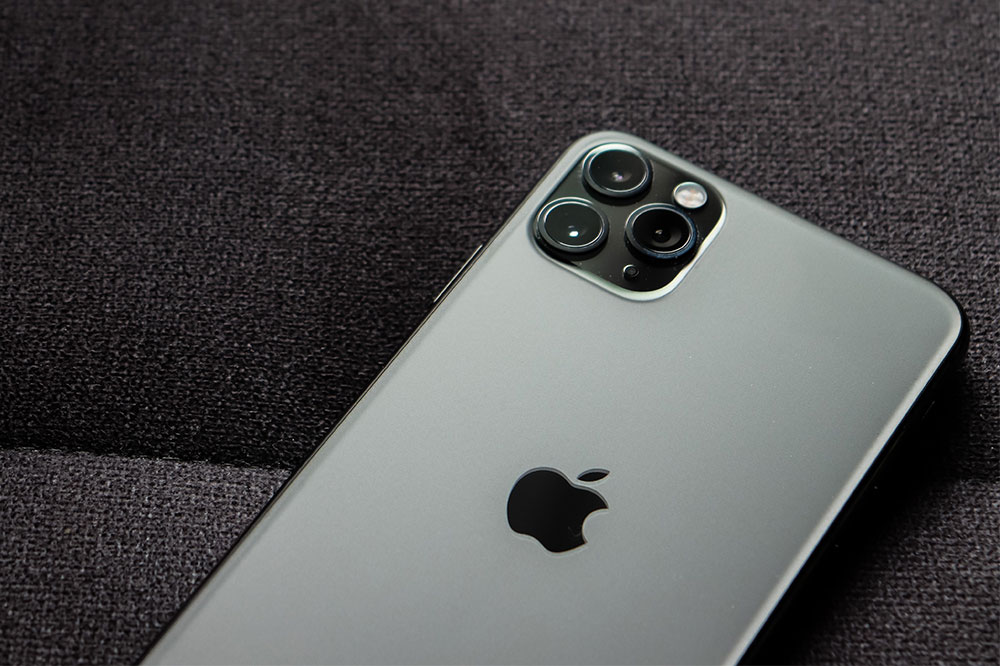Discover Top High-Speed Internet Options for Your Home
Discover how to find high-speed Internet providers in your area, comparing fiber, cable, DSL, satellite, and 5G options. Learn tips for choosing the best service tailored to your speed and budget needs, with guidance on trusted providers and comparison tools. Whether in urban or rural areas, this guide helps you select fast, reliable Internet to stay connected.

Discover Top High-Speed Internet Options for Your Home
With technological advances, finding fast and reliable Internet providers has become more straightforward. Selecting an Internet service that matches your specific needs ensures seamless online experiences. Below are five effective strategies to find high-speed Internet services in your area:
What is the fastest available Internet?
To discover the quickest Internet options near you, visit comparison websites to identify providers offering the highest speeds in your location. In the US, fiber-optic providers like Google Fiber, Verizon Fios, and AT&T Fiber are known for delivering ultra-fast Internet connections.
These providers often offer speeds up to 2,000 Mbps, or 2 Gbps, surpassing traditional cable or DSL services where available.
Some top providers include:
Google Fiber: Available in select cities like Austin, Atlanta, and Nashville, Google Fiber offers speeds up to 2 Gbps with no annual contracts or data caps.
Verizon Fios: Operating in cities such as Boston, Philadelphia, and New York City, Verizon Fios provides fiber Internet with speeds from 100 Mbps to 940 Mbps, without long-term commitments or usage limits.
AT&T Fiber: Serving areas like Los Angeles, San Francisco, and Miami, AT&T Fiber delivers speeds from 300 Mbps to 1 Gbps with no bandwidth caps or yearly contracts.
It’s important to note that fiber-optic services may not be available everywhere. In many regions, traditional cable or DSL might be the only options, though these usually offer slower speeds.
Which are the top 5G Internet providers?
Many areas now have access to 5G wireless Internet, which offers increased capacity, reduced latency, and faster speeds compared to previous generations.
Major providers like AT&T, Verizon, T-Mobile, and Sprint (now part of T-Mobile) are expanding 5G networks nationwide. Coverage varies by location, and access typically requires a compatible device and plan. Although 5G can provide rapid speeds, actual performance depends on location, network traffic, and other factors.
Though still in early stages, 5G Internet has strong potential to enhance household connectivity and overall Internet speed. Still searching for the best local options? Keep reading.
What are the leading types of Internet service?
Several Internet options are available:
Cable: Ideal for streaming, gaming, and browsing, with providers like Spectrum and Xfinity serving millions.
DSL: Wired via telephone lines, offering faster speeds than traditional dial-up, but less prevalent in some areas.
Satellite: Accessible anywhere and widely used in rural regions, though generally slower than cable options.
Fiber: The fastest available Internet technology, supporting HD streaming, gaming, and large downloads. Its deployment is limited to areas where infrastructure exists, especially rural zones.
How to identify the best Internet provider in your area?
Comparing plans and providers ensures you find the right fit for your budget and speed needs. Consider factors like reliability, customer service, and speed. Here’s how to choose:
Search engines: Search “fastest Internet nearby” with your zip code to see local providers and their plans, speeds, and reviews.
Comparison tools: Use online platforms like BroadbandNow to compare available ISPs, plans, and customer feedback in your area.
Visit ISP websites: Check provider pages directly or contact them to learn about their fastest plans and coverage.
Popular Internet providers in the US include: Comcast Xfinity, AT&T, Verizon, Spectrum, Cox, Google Fiber, Frontier, Windstream, CenturyLink, HughesNet, and Viasat. Use comparison tools like BroadbandNow or Allconnect to explore options near you. Searching “Internet near me” helps identify local providers and compare plans quickly, ensuring you find the optimal balance of speed, dependability, and cost.
By evaluating available options, you can select an Internet service that meets your needs for a fast, reliable, and affordable connection.










